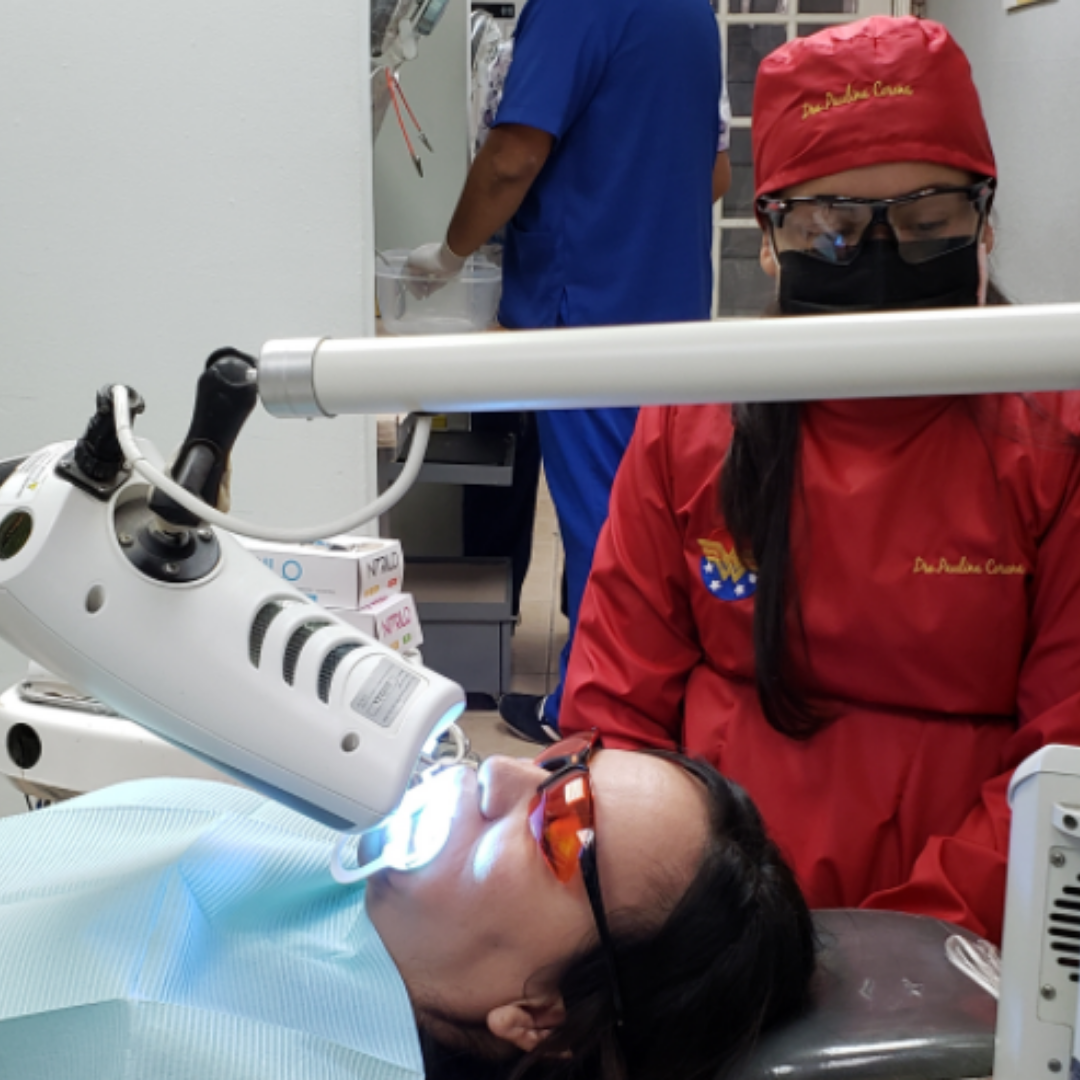Mexico is generally a safe country to travel to for dental care. In addition to world-class clinics and dentists, Mexico is an enchanting destination to visit. It is also emerging as a dental tourist destination due to high-quality and affordable dental care.
Tourists journey to Mexico to experience archeological spots, spectacular beaches, romantic music, vibrant art and architecture, and most of all, exotic and spicy cuisine.
Traveling to any destination like Mexico for medical or dental care posts a lot of safety concerns. You must consider the type of procedure and clinic where you'll get your dental work. You also have to understand the rules and requirements when crossing the border.
Here are some useful tips so you could have a safe dental treatment and vacation in Mexico.
Border Concerns
- When traveling to border cities, no immigration visa is required. However, it is important to have your pertinent travel documents, especially your passport with you all the time.
- There are no customs checks when you pass the border but there are some limits to what you can bring. You cannot bring the following items into Mexico: bullets, explosives, recreational drugs, fire weapons, narcotics, and vegetables.
- It is unlawful to remove animals, wild plants, archeological treasures, historic objects, and documents from Mexico.
Before Travelling
- Before traveling, consult a travel health provider for advice tailored to fit your health needs preferable 4-6 weeks before your travel.
- Secure the appropriate vaccinations you need before your trip.
When making the dentist’s appointment, ask the following:
- How many times do you change gloves?
- Do you use a steam sterilizer for your instruments between patients?
- Do you sterilize or disinfect your handpieces or drills?
- Do you use new needles for every patient?
- Do you use sterile water during surgical procedures?
During treatment at the dentist’s office, observe the following:
- Is the clinic neat and clean?
- Does the clinic maintain regular hygiene protocols?
- Does the staff wear new gloves for every patient and procedure?
After Treatment and Heading Home
- If you will be traveling for a long period of time and you have a partially exposed lower wisdom tooth, consider having it removed to prevent an infection called pericoronitis. It is a type of infection that can cause a major infection to parts of the neck and head.
- All root canal treatments should be accomplished before traveling to prevent pain and infection due to pressure changes inside the aircraft. If the treatment cannot be finished, your dentist should insert a paste filling (temporary) to decrease risks of infection.
- Flying after surgery might expose you to risks of developing formation of pulmonary emboli and blood clots.
- After any surgery, avoid vacation activities such as swimming, sunbathing, drinking alcohol, taking long hours, and engaging in strenuous exercise.





.png)


.png)



